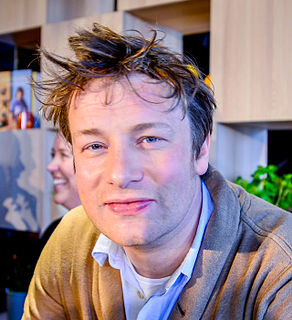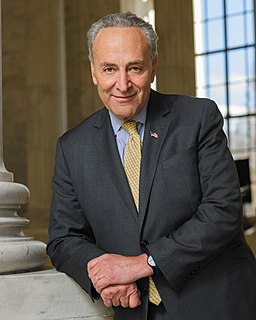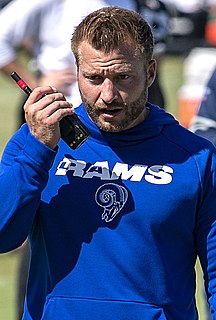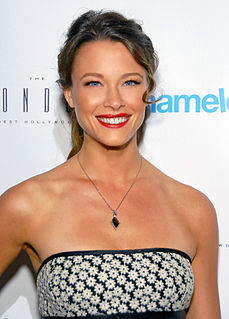A Quote by Jamie Oliver
Like most of the other teachers, I'd done a bit of teaching and we all think we're great at what we do, but you realize that normally you have an audience who are all onside, who all want to listen.
Related Quotes
As a teacher and parent, I've had a very personal interest in seeking new ways of teaching. Like most other teachers and parents, I've been well aware painfully so, at times that the whole teaching/learning process is extraordinarily imprecise, most of the time a hit-and-miss operation. Students may not learn what we think we are teaching them and what they learn may not be what we intended to teach them at all.
In education, I'm going to try to find what works. One thing I want to do is improve the quality of teachers. There are a lot of people who want to go into teaching; it's fundamentally a very fulfilling profession. But people don't feel they have financial support. We pay starting teachers in particular too little to attract the quality people that we need. I want to make it easier for good people who want to go into teaching to do that.
I started teaching in '76 and I'd been a photographer at the Geographic for six years. But prior to being at the Geographic I was a teacher. Plus my parents were teachers and my brother and my grandparents. So it was the culture of our family to think about teaching, to talk about teaching, to talk about teachers.
There are a lot of polls that show that actually Americans have a pretty high opinion of teachers, that Americans think teachers are just about as prestigious as doctors. And yet there's this political conversation - this reform conversation - that paints a very negative picture of the effectiveness of the teaching population. So there's definitely a tension between the way teaching is talked about and understood at the political level and how everyday average Americans think about teachers.
When you do comedy, the audience is not your boss. They are your collaborators and when you collaborate with someone you don't have to listen to everything they think or say. Sometimes you're not getting the laughs you want or at the place you want but that doesn't mean it's not funny. It means you haven't explored it enough. I'll get laughs in the places I don't want them and that makes me realize the direction I want to go in.
Whatever field you can do that, that's where you want to do it, and I think that's why people like David Fincher and Ridley Scott are interested in it, too, because when you sit down on a meeting in HBO and they're like, "More, more." You're just like, "Oh yeah, I love this." Sometimes it's a little harder in film. I think also it's a great audience, take advantage of it. It's a great audience.
I think it's most important to, rather than just do what everybody else is doing, like tons of selfies, find out what makes you excited. You know, is it taking pictures and doing cool makeup and making yourself look great? If so, wonderful. Is it music? Is it teaching something? Are you great at teaching?
I've trained primarily in Meisner Technique, and I've done a little bit of Groundlings and Upright Citizens Brigade just to get my feet wet in the improv world because I think that's really important. But most of the teachers I've worked with, I've gotten, like, references through agents or managers, and they're sort of independent.
The basis of world peace is the teaching which runs through almost all the great religions of the world. "Love thy neighbor as thyself." Christ, some of the other great Jewish teachers, Buddha, all preached it. Their followers forgot it. What is the trouble between capital and labor, what is the trouble in many of our communities, but rather a universal forgetting that this teaching is one of our first obligations.








































